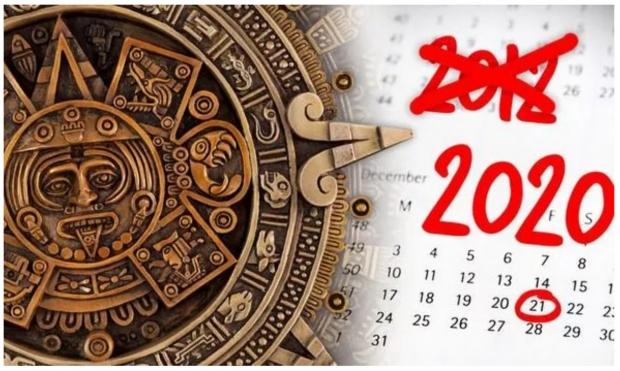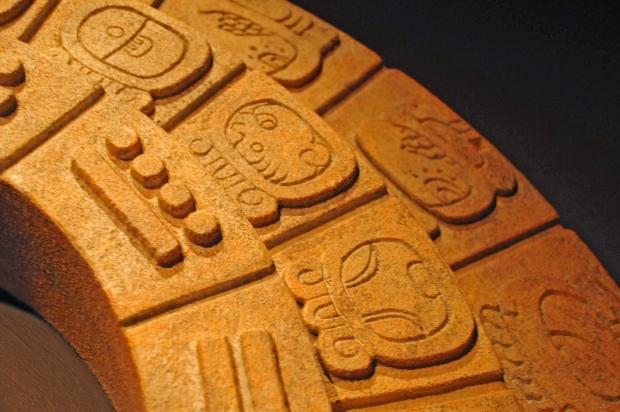I still remember where I was, and what I was doing on December 21, 2012 -- the day the world was meant to end. It was the last day of my 10 years of managing a computer store in my home state, and shifting into working full-time for TweakTown. But man, I was off by 8 years... the end of the world is on June 21, 2020.
Yeah -- sorry folks, the world is ending on June 21, 2020 -- around 10 days from now.

Why? How? Well, that's because the Gregorian calendar being introduced in 1582 by Pope Gregory XIII made important changes that was used by the Julian calendar. The biggest thing here is that it removed 11 days from our year, to better reflect the time it takes the pale blue dot we call Earth to orbit around the Sun.
It didn't happen without protest, with the English calendar rights of 1752 seeing British people take to the streets shouting "Give us our 11 days!" This happened because Britain switched over from the Julian calendar to the Gregorian calendar, which aligned them with Europe -- and people weren't happy about that, losing 11 days and all.
Now, 11 days might not sound like much -- but over 286 years that adds up.
So much so that people on Twitter are now doing the math, saying that if we followed the Julian calendar, "we are technically in 2012".

In a now totally removed account on Twitter by scientist Paolo Tagaloguin, who said: "Following the Julian Calendar, we are technically in 2012. The number of days lost in a year due to the shift into Gregorian Calendar is 11 days. For 268 years using the Gregorian Calendar (1752-2020) times 11 days = 2,948 days. 2,948 days / 365 days (per year) = 8 years".
December 21, 2012 = June 21, 2020.
It doesn't feel so nuts to be thinking that right now given how much is happening on the planet at once between COVID-19, social distancing and quarantines, tens of millions out of work, the global economy not looking so well, the riots and protests across the world right now... it feels much more End of the World-y than it did in 2012.


